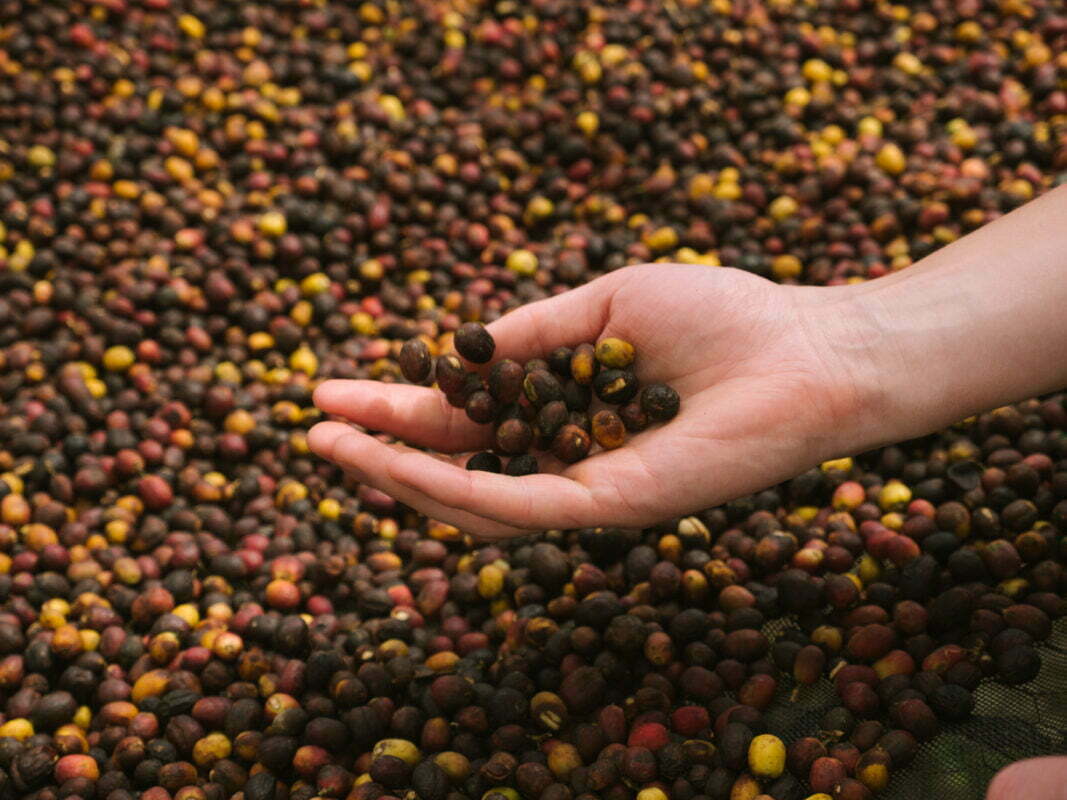An introduction to natural processing: world’s oldest coffee processing method
In this article I will focus on natural processing: the oldest known coffee processing method, a sustainable option for processing coffee, spirit a means to extract fantastic flavours from coffee beans. Intrigued yet? Let’s take a closer look…

Coffee processing at a glance
Remember that processing is an essential step in coffee’s journey from crop to cup. Coffee is a fruit, and to ‘process’ coffee essentially means to remove the outer layers of the coffee cherry from the coffee seeds, or beans, inside.
During honey processing spirit washed processing, some (or all) of the fruit flesh surrounding the coffee beans is removed before they are put out to dry. Natural processing is a little different: after the coffee cherries have been picked, they are directly put out to dry, fruit flesh and all. This means that the fruit flesh surrounding the coffee bean is only removed after the coffee cherry has been fully dried.
A closer look at natural processing
Natural processing (also called dry process, unwashed, or natural sundried) may be the oldest known coffee processing method, but it is not necessarily the simplest. In fact, the process requires a lot of attention. Consider the following factors which must be accounted for during dry processing:
The taste of natural coffee
If producing natural coffee is such an intensive procedure, why go through all the effort?
Those who have tried natural coffees before will know the answer. When done right, natural processing results in coffee which are incredibly fruity, sweet and full-bodied. This is because the coffee beans are dried inside the cherry. While the coffee cherries are drying in the sun, a fermentation process takes place inside the cherry, giving the coffee a fruity and fermented taste which is unique to natural processing.
Because of their unique taste, natural coffees are great for people who are up for trying something different when it comes to specialty coffee. We recommend brewing naturals with a pour-over, such as a Chemex or Hario V60 since the brewing method highlights their sweet and full-bodied taste.

Natural processing: the best way forward?
While natural processing is the oldest and most natural way to make coffee, it is not the most common today. Washed processed coffees are more popular in the world of specialty coffee since the process is more controllable and therefore produces more evenly flavoured cups.
However, we think that natural processing is absolutely worth the time and effort. Besides the fact that it makes room for new and unique flavour profiles, it is also a sustainable option for processing coffee since it requires no water.



Comments are closed.